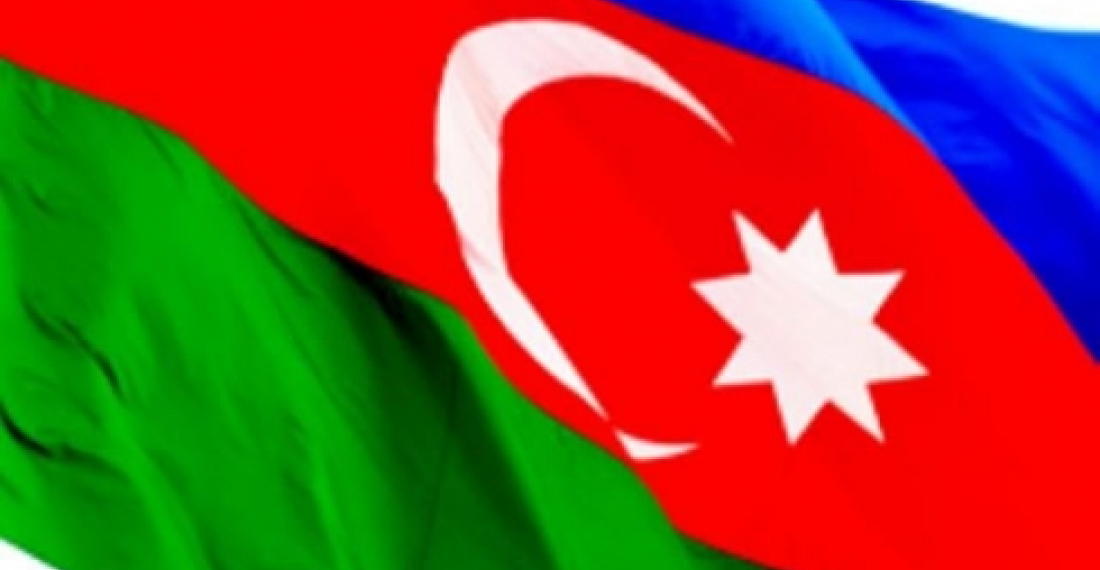A fair way to resolve the Nagorno-Karabakh conflict must be found, executive secretary of the ruling Yeni Azerbaijan Party (YAP) Ali Ahmedov said, Trend reports.
"The purpose of negotiations within the Minsk Group is the practical help to resolve the conflict. The conflict hasn't been resolved for
more than 20 years, and if some structure can not fulfill its obligations for 20 years, then I believe that we need to make serious changes to the format of the Minsk Group," Ahmedov said. He noted that Azerbaijan supports peaceful settlement of the conflict.
"Is it possible to believe that the negotiations will give results if there is no progress during the 20 years of the conflict? To believe this, one has to be optimistic. I think that the people of Azerbaijan are no longer optimistic. A just way to resolve the conflict and to end the suffering of hundreds of thousands of people should be found," Ahmedov said.
The Nagorno-Karabakh conflict broke out on February 28 1988 in the Azerbaijani Sumgait with massacre of Armenians as a peculiar response of Azerbaijanis to the peaceful demand of the Nagorno-Karabakh autonomous Region, part of the Azerbaijani SSR, to unite with the Armenian SSR. This resulted in other pogroms of Armenians in Baku, Kirovabad and other regions of Azerbaijan populated with Armenians. In 1991 Azerbaijan unleashed war against peaceful populations of Nagorno-Karabakh, expulsing ethnic Armenians from the territory of Azerbaijan. Dozens of thousands of peaceful residents on both parties were killed in the military actions, and hundreds of thousands were left homeless and have become refugees. In 1994 in Bishkek in mediation of the OSCE MG, the NKR, Azerbaijan and Armenia signed a Protocol on Ceasefire that is observed more or less so far. Since 1992 the OSCE Minsk Group represented by co- chairs from Russia, U.S. and France has been mediating in resolution of the conflict unleashed by Azerbaijan in 1988. At present the peace process is based on the Madrid Principles suggested by the OSCE MG in 2007 in Madrid and renovated in 2009.
Azerbaijani Ruling Party: Major changes needed in OSCE Minsk Group format
Azerbaijani Ruling Party: Major changes needed in OSCE Minsk Group format







